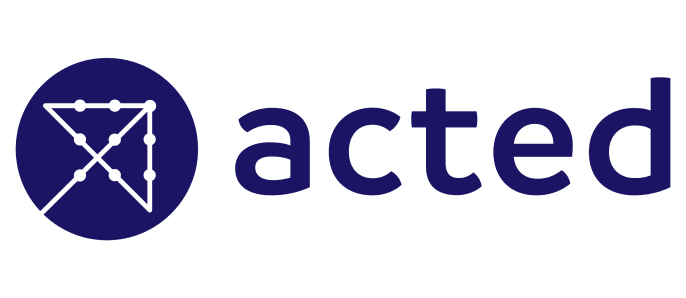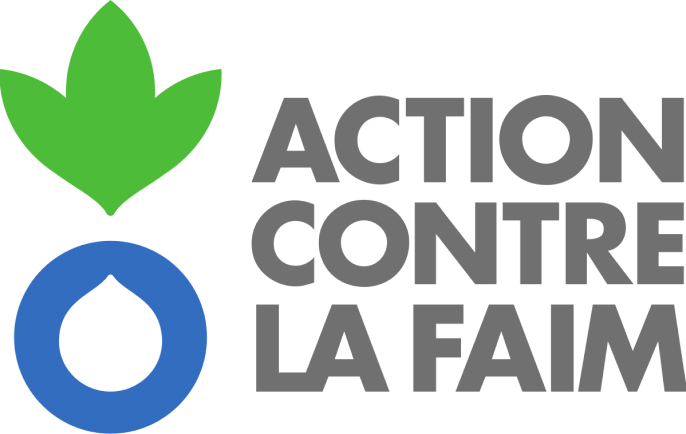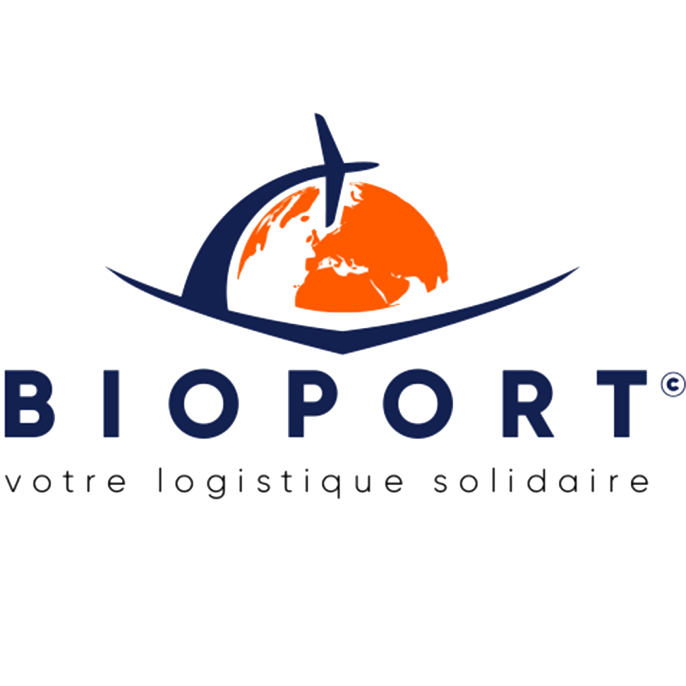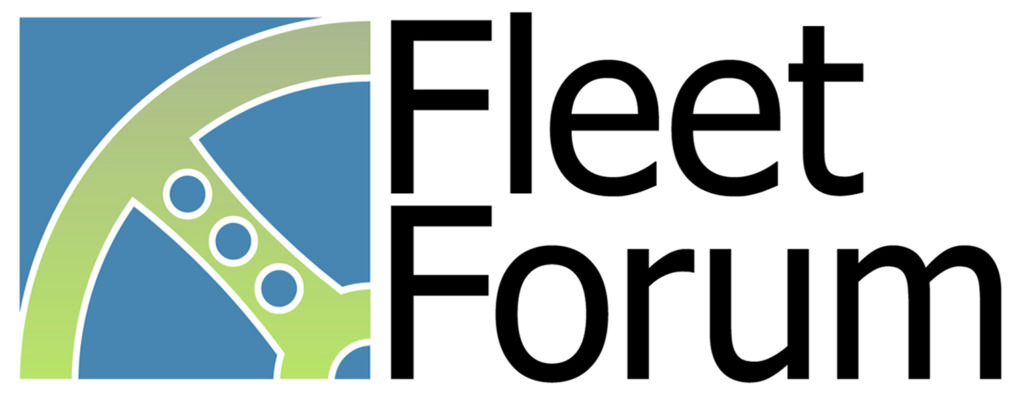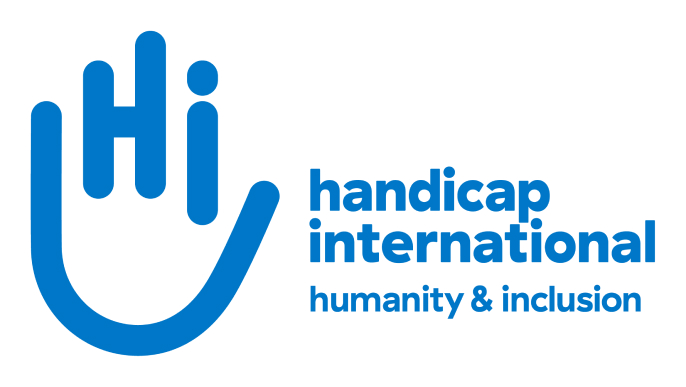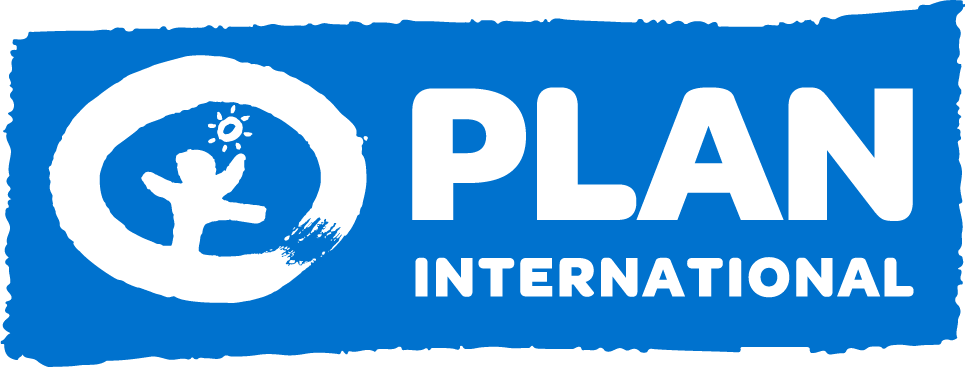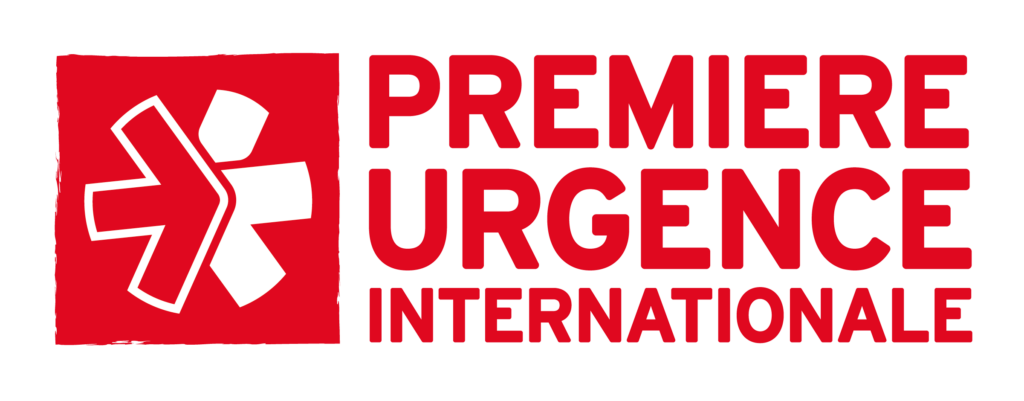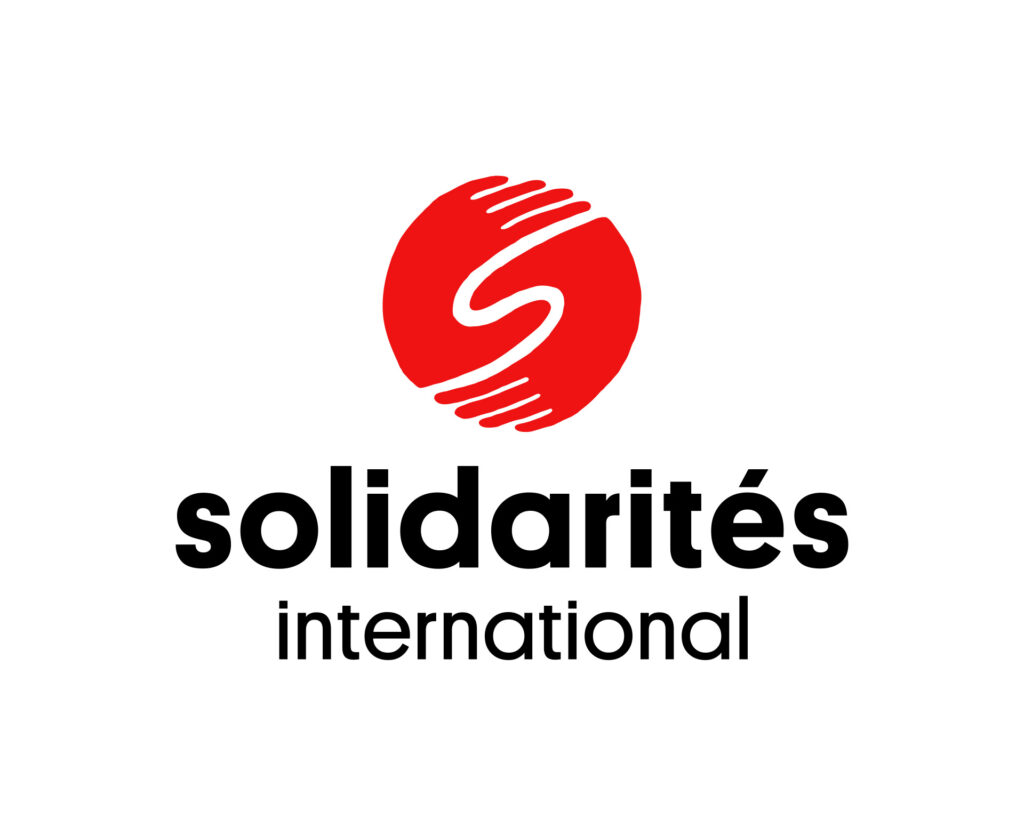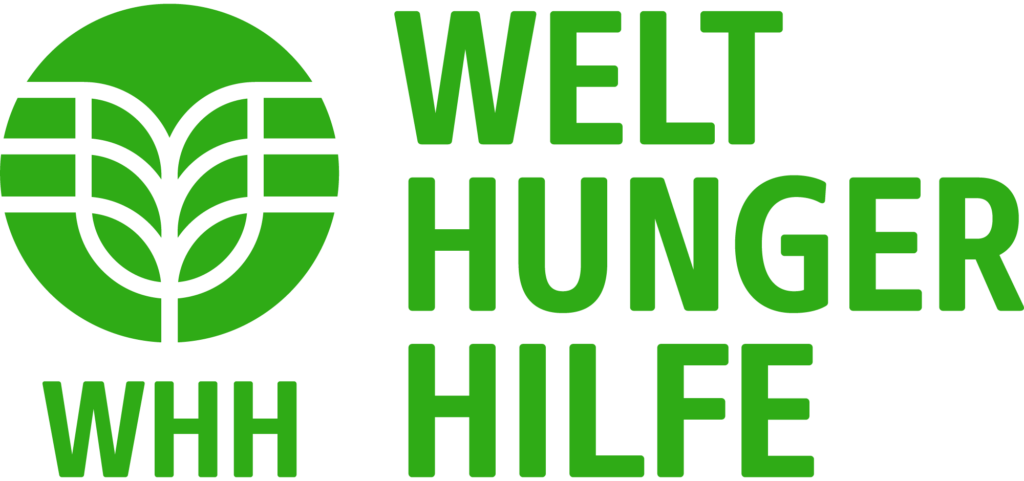Accueil » Hulo’s vision
Hulo’s vision
We envision humanitarian logistics as a field where a variety of actors work together to achieve more efficient and impactful aid by reducing costs, saving time, increasing quality, all to the benefit of people affected by crises throughout the world.
We are building a new model for aid organisations, where cooperation and innovation lead to new self-sustaining ways of working and a paradigm shift in the industry. Hulo facilitates connections between all stakeholders so that the most vulnerable benefit from the operational excellence of humanitarian organisations.

Mission
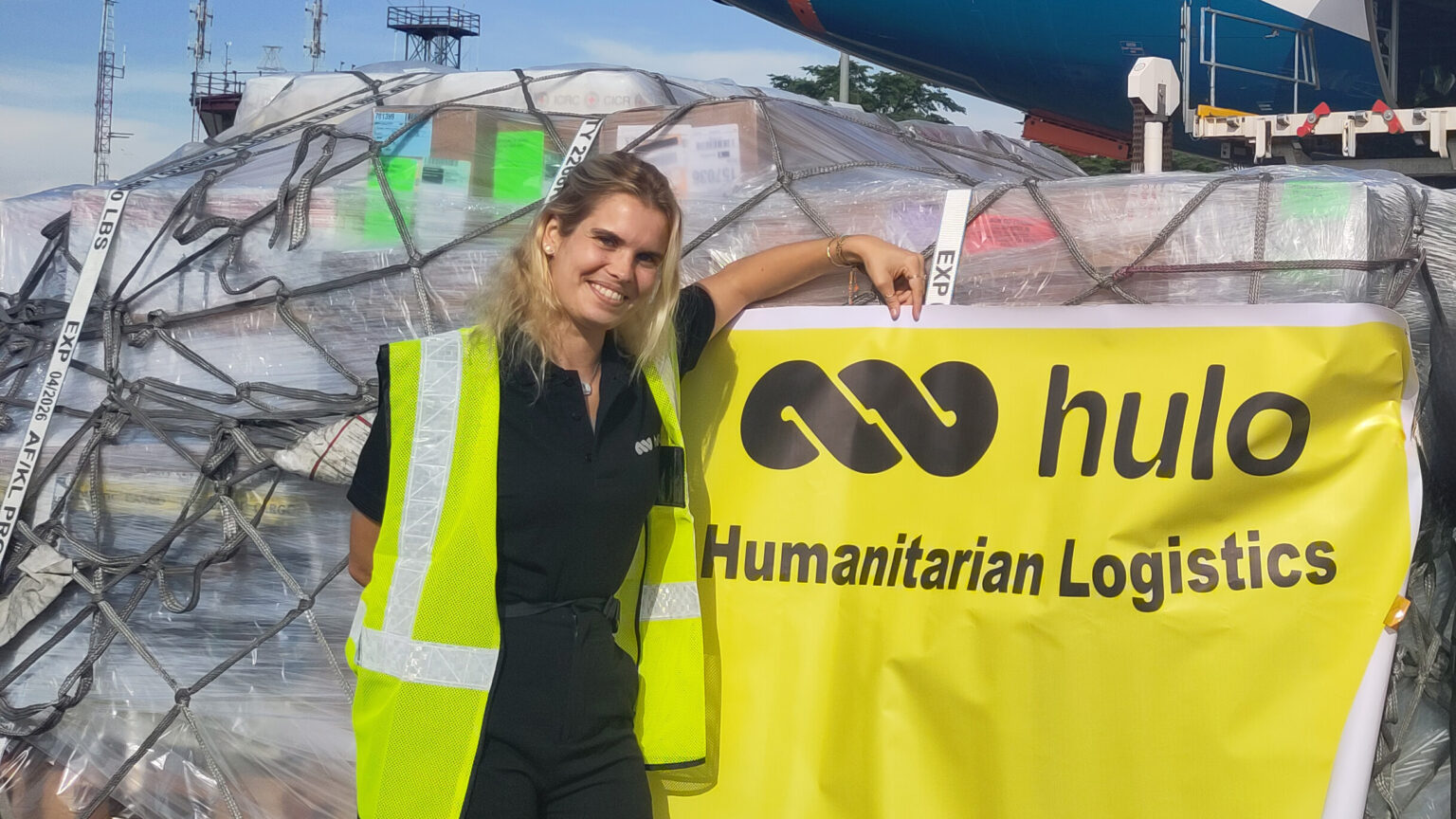
In 2021, nine logistics directors came together to launch hulo: the Humanitarian Logistics Cooperative.
Our analyses of humanitarian aid showed that pooling resources and creating shared logistics projects between organisations could play a crucial role in meeting the challenges of limited and/or reduced funding, the urgent need to reduce the environmental impact of aid, and ever-increasing needs.
We are developing a model where organisations jointly fund and pool their logistics needs. This approach promotes a collaborative logistics model that allows humanitarian organisations to work more efficiently and share expertise between peers that share the same goals, objectives, and challenges.
How it started
2014
The Reseau Logistique Humanitaire (RLH) was created as a consortium of NGOs wanting to increase the impact of aid through a more integrated logistics.
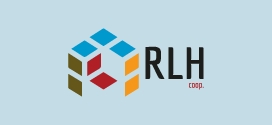
2016
World Humanitarian Summit (WHS). Key humanitarian logistics publication “Delivering in a moving world…looking to our supply chains to meet the increasing scale, cost and complexity of humanitarian needs.

2019
White paper publication from the RLH – Strength in numbers: Towards a more efficient humanitarian aid: pooling for logistics resources.
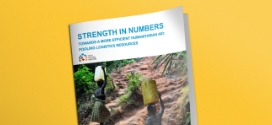
2020
Business plan – Pooling Logistics for Humanitarian Aid. Define new business model introducing a mindset change in NGOs’ operational strategies. The work that the RLH has done over the years is logically leading to this next step of structured resource pooling.

2020
European Humanitarian Airbridge for the aid sector to transport critical goods & staff during covid19 pandemic.
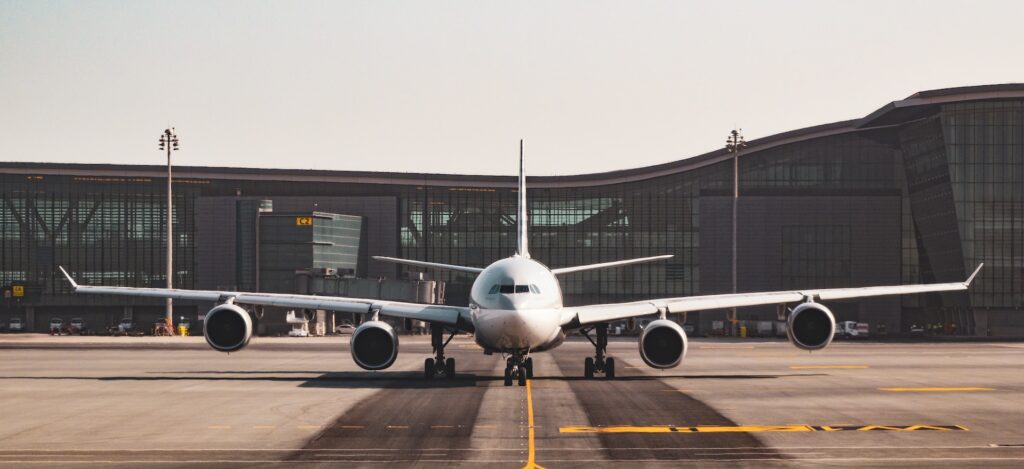
2021
Creation of the first humanitarian logistics cooperative hulo. Designed to serve other NGOs by pooling resources, coordinating actions, re-engineering the delivery of humanitarian aid for a greater and faster impact.
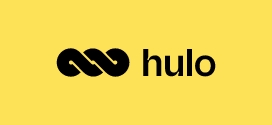
The hulo ecosystem
Hulo’s ecosystem is composed of a diverse network of hulo members, international and local humanitarian organisations, private sector entities, foundations, suppliers, and academic institutions. By bringing key stakeholders together, hulo creates a unique environment for humanitarian logistics actors to meet, interact, and find common ground.
Hulo’s projects and decision-making are grounded in the principles of transparency, consensus, and non-objection. Member organisations take an active role in the development and structuring of hulo, creating a space for active and willing engagement. Non-member organisations can also benefit from hulo initiatives by participating in projects at the local or country level in countries where we intervene.
Ultimately, our work aims to better serve the millions of people affected by humanitarian crises throughout the world by participating in projects in our countries of intervention.
Together we are stronger
Hulo works in a model of coopetition, where we recognise the importance of competition between organisations while pooling resources and knowledge for logistics to ensure the best service delivery possible.
Coopetition
The humanitarian aid sector is competitive. Organisations compete for limited funding while humanitarian needs continue to rise. While competition is generally healthy, it is counter-productive to compete in logistics.
Hulo brings the coopetition model to the humanitarian sector, recognising the importance of competition between organisations but pooling resources and knowledge to ensure the best service delivery possible. Logistics networks are crucial in enhancing the competitivity of humanitarian organisations, as they can formulate, promote, and implement a vision across organisations. By identifying both the competitive aspects and cooperation opportunities, hulo helps humanitarian organisations optimise their services and funding while respecting the independence of its members.
Our values
We believe in strength in numbers
We are reliable, accountable and transparent
We enable innovation and entrepreneurship
We deliver excellence & efficiency
We are committed to having a sustainable impact
Our objectives
Hulo works to help humanitarian organisations overcome a number of current and emerging challenges, from the effects of climate change on affected populations to the funding gap. Through a multifaceted approach, hulo works on the following priorities

Innovate and adapt humanitarian logistics to a changing world
All humanitarian actors, including NGOs, local organisations, donors, and private sector partners need to find new ways of collaborating to meet these novel circumstances. Hulo accompanies these actors in this cultural change to find opportunities and adjust to the dynamic context of our work.
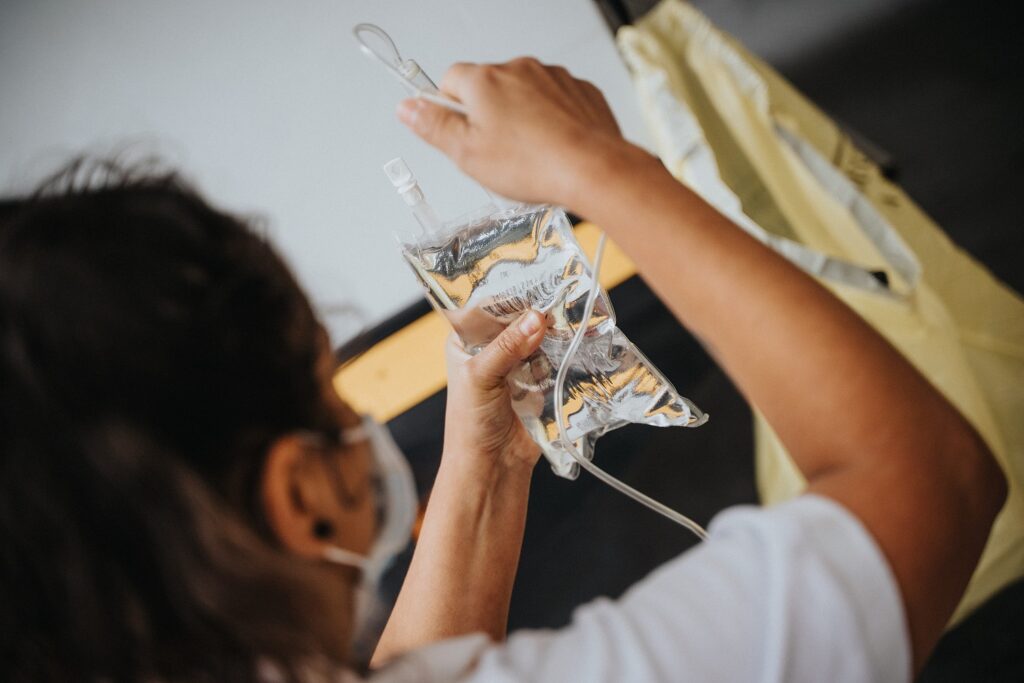
Mitigate funding gap impacts
In the face of ever-increasing demands for humanitarian aid, humanitarian organisations and beneficiaries alike are facing a new financial crisis. By helping organisations share resources and mutualise their projects, hulo aims to identify and scale up innovative solutions to increase cost-efficiency and mitigate the impact of the funding gap.
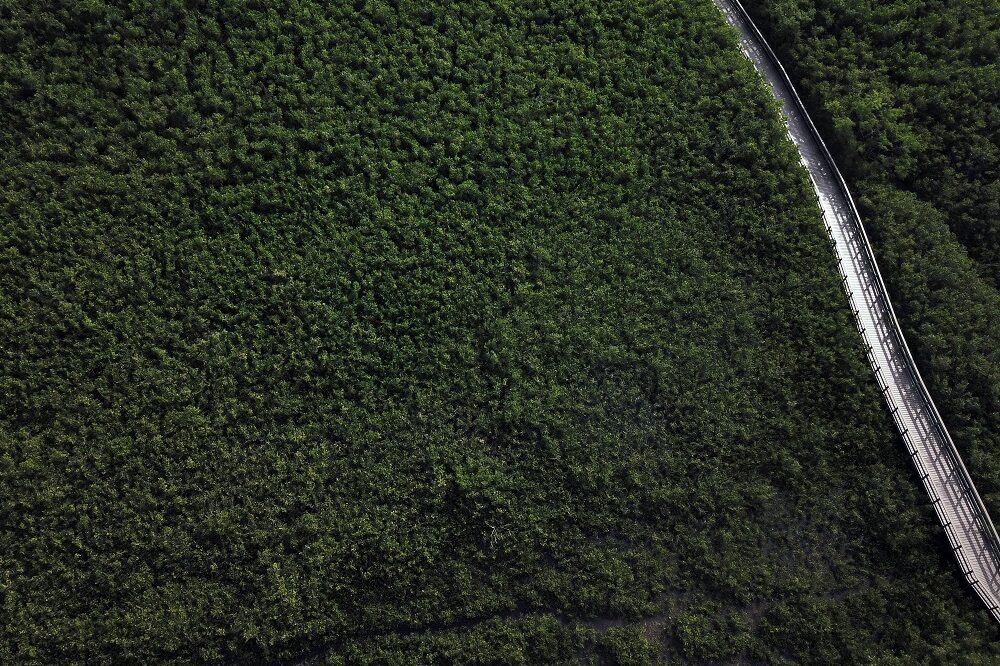
Reduce environmental impacts
The connection between climate crises and humanitarian crises becomes more and more evident each year. In the face of increasingly challenging obstacles to overcome, one NGO alone cannot change these conditions. Collaboration between actors creates unique, positive solutions (waste management, sustainable purchasing, raising awareness with suppliers, transport pooling).
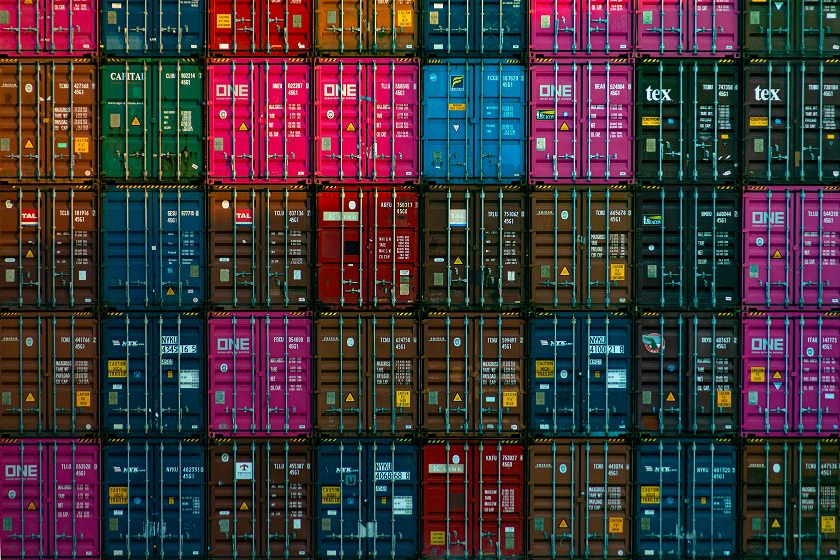
Breaking silos
Many NGOs operate in the same countries of intervention with common interests and difficulties, but they work independently and consequently find sub-optimal solutions. Hulo helps to resolve this problem by connecting organisations to achieve superior results compared to what any one organisation can accomplish alone.

Encourage localisation and support local markets
Economic development in developing countries is a key challenge for communities and individuals impacted by crises and is one of the responsibilities of humanitarian organisations. Hulo’s engagement with local NGOs and suppliers helps ensure that job creation and opportunities are supporting the sustainability of local economies.
Financial model
Hulo’s statutes are based on a non-profit model. They specify that all net revenue generated by hulo’s activities will be reinvested in the cooperative and that no dividends will be distributed to shareholders or executives. For this reason, this European Cooperative Society (ECS) belongs in the category of Social and Solidarity Economy.
Financial ambition
Hulo’s goal is to develop a robust financing model with diversified funding sources. This will be achieved by building a hybrid financial structure composed of donor funding, private sector engagements (in kind and in cash), and participant and member contributions.
This approach allows hulo to ensure its viability to support humanitarian logistics in the long term.
